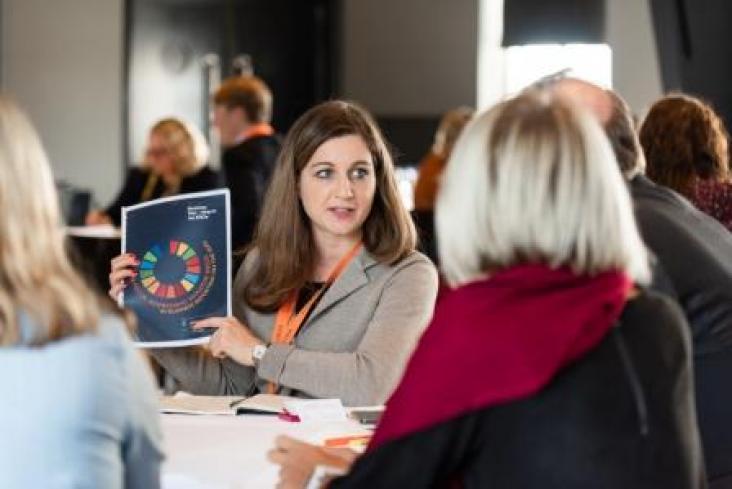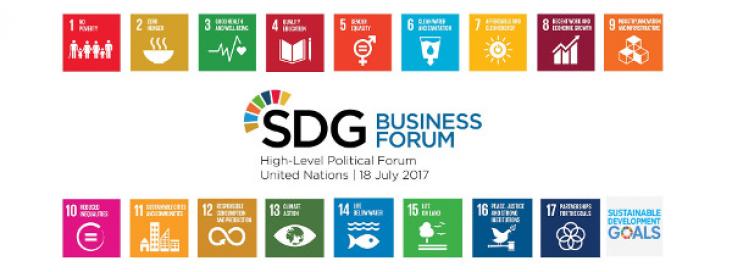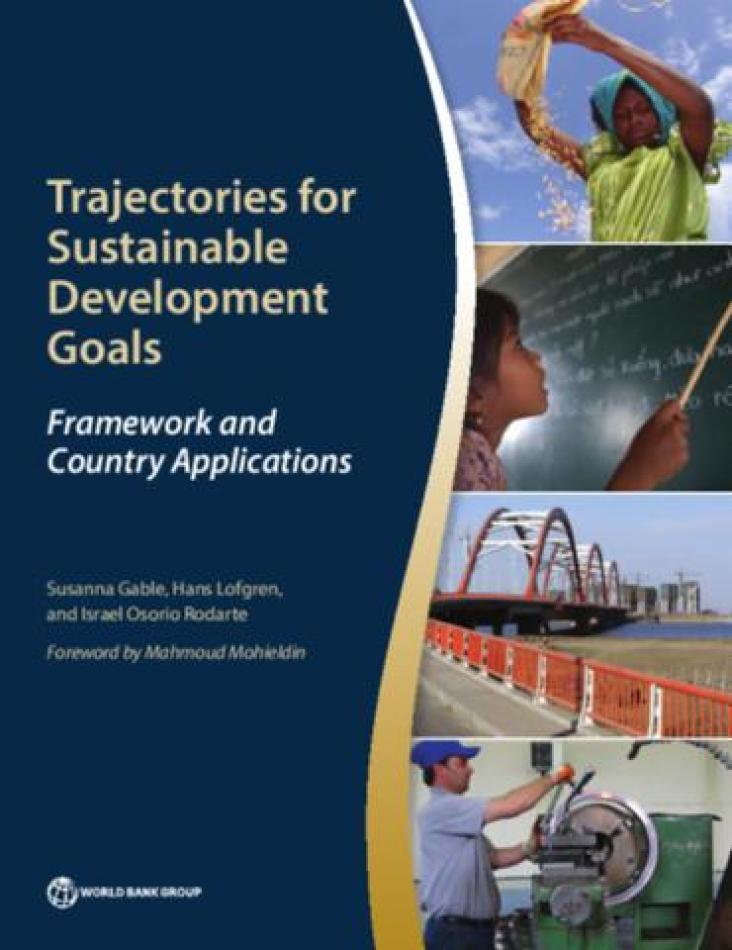The aim of the March Kennesaw State University College of Computing and Software Engineering Hackathon event, was to demonstrate to students how big data analytics may be used for social good to solve problems in society that make a real difference in people's lives. HPCC Systems provided students with the opportunity to learn more about The ADAM Program and take a look at missing children trends.
Partner content
World Bank
The Atlas of Sustainable Development Goals 2020 presents interactive storytelling and data visualizations about the 17 Sustainable Development Goals.

RELX Group held two SDG Inspiration Days to bring together business, government and civil society to scale collaboration and engagement on the SDGs. The first SDG Inspiration Day took place in San Jose, California and focused on disruptive technology to advance the goals. The second day took place in Amsterdam and focused on the power of partnerships to achieve the goals.

Substantially reducing corruption and bribery in all forms is a target of goal 16 (peace, justice and strong institutions). This blog reviews the rise of anti-foreign bribery legislation in the 20 years since the OECD's Anti-Bribery Convention was signed by 43 states and countries.

Modern slavery risks have risen across the world over the last year, including in 20 of the 28 member states of the EU. On Anti-Slavery Day, this blog looks at the increased risks and numbers of victims of forced labour in supply chains, and how to mitigate these risks contributing to goal 8 (decent work and economic growth).

In July the 2017 Sustainable Development Goals (SDG) Business Forum recognised the critical role of business in delivering on the promise of sustainable and inclusive development. In this article, we elaborate on the SDG business case, and how businesses can engage with the SDG framework; driving business growth and productivity, whilst contributing to the better world envisaged by the 2030 Agenda for Sustainable Development.

This book presents the country development diagnostics post-2015 framework, developed by the World Bank Group to assess the country-level implications of the post-2015 global agenda, as well as brief, ‘at-a-glance’ applications of the framework to ten countries: Ethiopia, Jamaica, the Kyrgyz Republic, Liberia, Nigeria, Pakistan, Peru, the Philippines, Senegal, and Uganda.

At the heart of Responsible Tourism are commitments to transparency and accountability. It is a process of addressing the sustainability issues which arise in a particular place and which the business can do something about, materiality matters. But it is not enough to focus only on the process, it is important to report the achievement. This blog explores reporting frameworks, rating initiatives, certification, recognition and showcases best practice.
Smart cities use data and technology to drive energy efficiency and are on the increase. The advantages of integrating energy efficient technologies into building planning and urban modelling are understood, but what are the risks? This article considers the threat of cyber crime on smart cities and the technology that these cities rely on, drawing out the links between SDG 7 and SDG 9. On the one hand, smart cities support the need for open data whilst on the other hand increased protection and security of that data will be required to avoid the threat of cyber attacks.

Photos of a beach on Henderson Island in the Pacific Ocean provides yet more evidence of the detrimental impact that packaging and other plastics waste is having on the environment globally. Creating a virtuous circle out of what, until now, has largely been a chain of production from feedstock to consumer will not be easy. But it is the innovation aspect that has fired the imagination of producers, processors and corporate consumers of plastics packaging. This fits with SDG 9.4 to upgrade infrastructure and retrofit industries to make them sustainable, with increased resource-use efficiency and greater adoption of clean and environmentally sound technologies and industrial processes and SDG 7 Affordable and Clean Energy.
